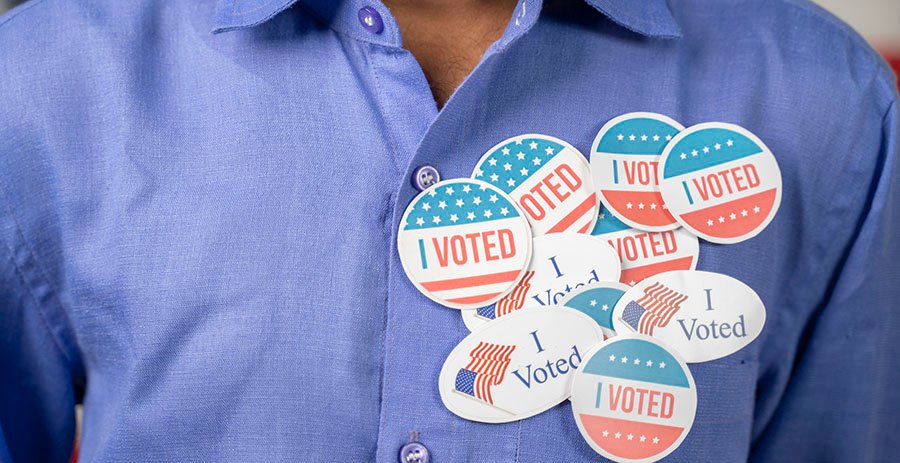courts
Judge Criticizes Key Sections of Election Procedures Manual

A judge on Monday expressed concerns over newly enacted rules by the secretary of state which could potentially criminalize the exercise of First Amendment rights on Election Day.
Maricopa County Superior Court Judge Jennifer Ryan-Touhill criticized the wording in the Election Procedures Manual, suggesting it could make it unlawful for individuals to wear clothing critical of candidates at polling places. Furthermore, she highlighted worries over prohibitions against harassment and intimidation listed in the manual.
Assistant Attorney General Josh Whitaker dismissed the judge’s concerns, arguing that the manual serves as guidance for workers and does not impose new legal requirements on the public. He emphasized that the manual couldn’t extend beyond laws approved by the Legislature.
Despite Whitaker’s assurances, Ryan-Touhill remained unconvinced. She pointed out that the specific language used in the manual carries significant legal consequences, emphasizing that the manual’s provisions could result in jail time and fines. In particular, behaviors such as raising one’s voice and using offensive language might be criminalized under these rules.
The judge remarked on the ambiguity surrounding the manual’s enforcement, which could lead to disenfranchisement if individuals are ejected from polling places for violations.
Any decision on the matter is not expected before Tuesday’s primary, but the outcome could impact the November general election. The case, brought forth by the Arizona Free Enterprise Club and America First Policy Institute, challenges the manual’s constitutionality.
Secretary of State Adrian Fontes and Attorney General Kris Mayes, both Democrats, are named defendants. Attorney Andrew Gould, representing the challengers, called the manual’s language overly broad, warning it could stifle voters’ free speech rights.
Gould questioned the definition of “insulting language,” noting that even the U.S. Supreme Court has deemed such prohibitions as viewpoint discrimination, which is protected under the First Amendment. He argued that the restrictions would affect what voters could wear to polling places.
Ryan-Touhill illustrated the issue with a hypothetical scenario where someone wore a derogatory T-shirt about a candidate. She questioned the potential consequences of refusing to conform, which could lead to voter exclusion.
Whitaker maintained that the manual’s language offers guidance similar to airport warnings, but the judge dismissed this comparison, highlighting the differences between airport security and election day activities.
Gould further argued that the manual’s prohibitions are not limited to polling centers or Election Day, suggesting an overreach in its application. Whitaker contended that the lawsuit lacks standing for fear of harm, urging the judge to dismiss it.
As the case remains undecided, its implications could significantly influence future elections, setting a precedent for how election rules interact with constitutional freedoms.

















